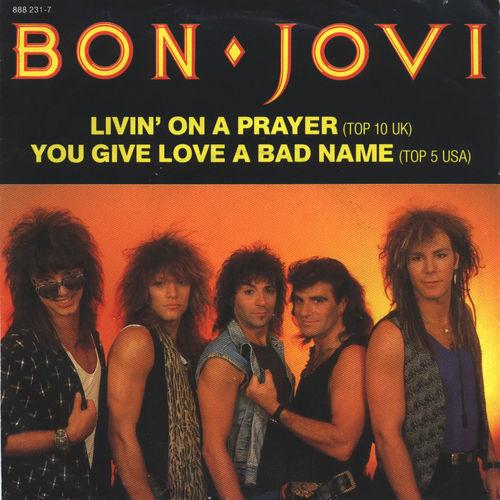Videos by American Songwriter

Over the past decade, the music industry has seen an incredible shift in the way that music is created and distributed. New technologies have generated opportunities for music creators to produce music in volumes previously unimaginable. Concurrently, the proliferation of digital distribution platforms in the marketplace has opened the door for thousands of artists to get their music out to consumers in ways which weren’t previously possible. With all of this content being consumed by millions of dedicated music fans, who is making sure that the artists, songwriters and publishers – the music creators and rights holders – are being paid what they are entitled to collect? While there are a number of companies out there that work with songwriters and artists to help them get paid, the honest answer is that it is ultimately up to you, the music creator, to do all that you can to make sure you’re set up for success.
Back when the CD was cutting edge technology, sound recording and composition “metadata” details such as artist, writer, producer, instrumentalists, playtimes, ISRC, and UPC, were left to assistant engineers and record label copyright staff. In today’s music eco-system, however, music creators need to be more involved in the metadata that power digital formats to ensure that they are maximizing their potential royalty revenue.
Whether it’s a digital service offering downloads, streams, videos, lyrics, or guitar tabs, there’s one thing that all digital distributors have in common – extremely high volumes of music that need to be licensed accurately and efficiently. Most digital services launch with millions of recordings and need to license a lot of music. That means getting licenses for both the sound recordings and the underlying compositions (songs). And how exactly does a digital music service get all those licenses? For the sound recordings, they go to the record labels or aggregators; for the compositions, they can do one of two things: make direct licensing deals with the publishers or retain a third party agent like HFA to handle the licensing process for them.
But what has this got to do with the underlying metadata behind every digital format? For a music creator to be identified and, ultimately, paid, the sound recording data must be linked to the underlying song composition data. Linking the assets in this way facilitates automated, high-volume licensing, as well as the identification of the owner of both the sound recording and composition. This linking of assets is the key to being paid – you can’t get paid if the services don’t know who you are or who to pay.
HFA works with many of the largest streaming services in the U.S. to identify and license the underlying compositions for the millions of recordings available on those services. If you’re an artist uploading content to an aggregator like Tunecore, INgrooves or CD Baby be sure to supply writer information along with your track-level metadata. If you are a songwriter or music publisher, it is important that you register your songs as well as related sound recording data (e.g., artist, album, ISRC) with HFA or a company like SongTrust. Songs registered with companies like these are sent to HFA, enabling us to license and account for any reported usage across all of the digital distributors with whom we work.
Taking these important steps helps to ensure that your songs, and the royalties generated by those songs, are properly identified, reported, and paid for by the digital services that have used them. If your music is out there, be sure your publisher (or you, if you are self-published) registers your songs with HFA, regardless of whether or not you are an HFA affiliate. To register your songs, you must set up an HFA Online Account. The account set up form can be accessed at https://www.harryfox.com/public/forms/online-account/form.jsp. Please note that having an online account does not affiliate you with HFA.
With all of the changes in the music industry over the past ten years, just imagine what the next ten have in store for us. Music is such an important part of our society and new technology companies keep emerging with interesting, creative ways for people to discover and listen to music. Many of these companies are looking to do the right thing and pay rights holders. Make sure they can find you. There is no end in sight to the myriad ways that people will be using music, and that’s a great thing. Working together, we can ensure that this ever-evolving music economy is one where artists, songwriters and publishers are properly paid for their music.
— Brian Durant is director of Licensing and Data Management at Harry Fox Agency.













Leave a Reply
Only members can comment. Become a member. Already a member? Log in.